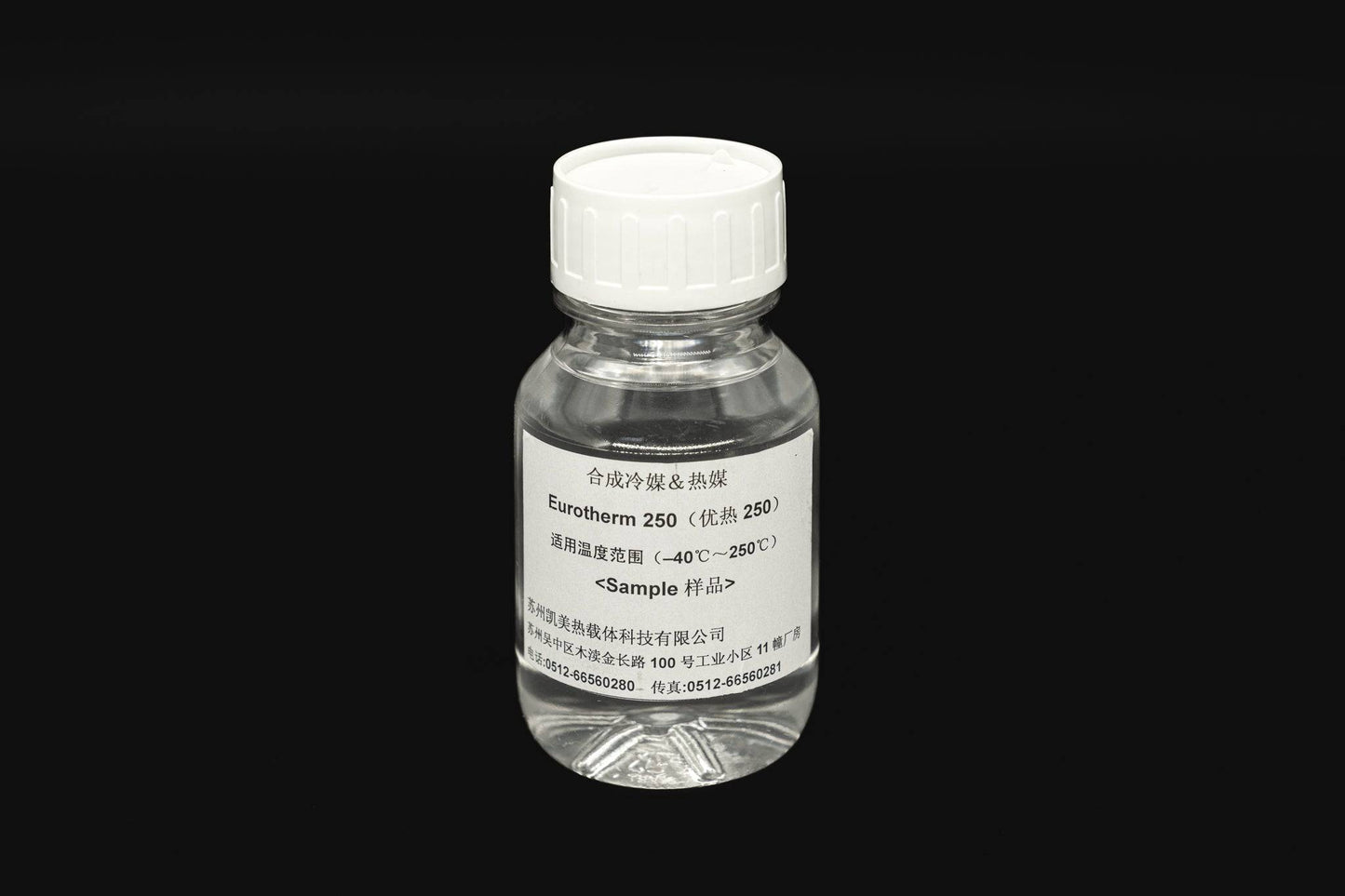Why Heat Transfer Fluid Is Essential for Optimizing Power Transfer in Systems
The duty of heat transfer fluids in maximizing energy transfer is pivotal for achieving efficient thermal administration throughout various commercial fields. These liquids help with seamless warmth exchange, ensuring procedures run within optimal temperature ranges and alleviating the danger of overheating.

Role in Thermal Monitoring
Heat transfer liquids play a crucial role in thermal monitoring by successfully managing temperature levels in numerous commercial processes and systems. These specialized liquids promote the transfer of warm between different components, ensuring optimal operating problems and protecting against getting too hot. By maintaining specific temperature level control, warm transfer fluids enable sectors such as chemical manufacturing, oil and gas, and power generation to operate safely and successfully.
The choice of a suitable heat transfer liquid depends upon several aspects, including thermal stability, heat ability, and viscosity. High thermal stability makes sure that the liquid can endure severe temperature levels without weakening, while a high warm capacity permits it to take in and launch considerable quantities of heat - heat transfer fluid. Reduced viscosity reduces the power required for pumping, adding to overall system efficiency
Moreover, heat transfer liquids are essential in applications like refrigeration, where they aid take in and dissipate warmth during the cooling cycle. In solar thermal power systems, these fluids capture and transportation solar heat to generate electrical energy or provide warm water. Their adaptability to varied operating conditions and capacity to maintain constant thermal efficiency highlight their relevance in industrial thermal administration, helping with operational connection and enhancing safety and security actions.

Enhancing System Effectiveness
To make the most of the advantages of thermal administration, enhancing system efficiency through the critical use heat transfer liquids is vital. These fluids play an essential function in enhancing power transfer by promoting regular thermal regulation, which consequently influences the general efficiency and long life of systems. Reliable warm transfer leads to lessened energy losses, decreased functional prices, and improved dependability of equipment. By preserving ideal temperature levels, warm transfer liquids assist make sure that systems run within their created specifications, thus stopping overheating and minimizing the danger of part failing.

Kinds of Warmth Transfer Liquids
The variety of heat transfer liquids emphasizes their important function in a variety of industrial applications, each tailored to satisfy details thermal monitoring demands. These fluids assist in effective power transfer and are picked based on crucial properties such as thermal stability, viscosity, and warm capability. The main kinds include water, glycol options, oils, article source and synthetics, each offering distinctive advantages.
Water is the most common heat transfer tool because of its high details warmth capability and affordable. Nonetheless, its use is limited by its cold and steaming points. Glycol blends, frequently used in cooling and heating systems, give a reduced freezing factor, including adaptability in different environments. Mineral oils are favored for their thermal stability and non-corrosive nature, making them appropriate for high-temperature applications.

These liquids ensure premium efficiency in systems where traditional fluids may stop working. The option Get More Information of a warm transfer liquid is critical, as it affects system efficiency, security, and longevity.
Environmental and Economic Benefits
Making use of the right warm transfer liquids uses substantial ecological and financial advantages for industrial operations. By picking fluids with premium thermal security and high warmth capacity, markets can enhance power efficiency, causing decreased gas intake and lower greenhouse gas emissions. This adds to a smaller carbon impact and straightens with international sustainability objectives. Eco pleasant heat transfer fluids, often biodegradable and non-toxic, lessen the danger of dirt and water contamination in the occasion of leaks or spills, thus protecting environments and adhering to stringent ecological policies.
Financially, the ideal heat transfer liquid can dramatically decrease operational costs. Effective warm transfer reduces energy expenditure, bring about reduced energy bills and boosted profitability. Liquids with extensive lifecycle efficiency lower the regularity of substitutes and maintenance, reducing downtime and linked prices. Investing in high-grade liquids can additionally minimize the danger of equipment corrosion and failure, staying clear of expensive repair services and extending the lifespan of essential infrastructure. In affordable markets, these savings and effectiveness provide a distinctive advantage, permitting business to allot resources a lot more effectively and buy additional technology. On the whole, the tactical use ideal warmth transfer liquids sustains lasting economic development and ecological stewardship.
Selecting the Right Liquid
Just how does one browse the visit complex procedure of selecting the right warmth transfer fluid for industrial applications? Thermal security ensures the fluid can stand up to high temperature levels without degrading, while compatibility protects against corrosion or other detrimental reactions with system components.
Additionally, the fluid's heat capability and viscosity are vital. A high warm capacity enables the fluid to soak up and move more power, improving performance. Meanwhile, optimum thickness guarantees very little pump job and effective warmth transfer, specifically in varying temperature levels. Environmental and safety and security aspects should additionally become part of the decision-making procedure. Non-toxic, biodegradable liquids decrease ecological effect and adhere to governing criteria, decreasing responsibility dangers.
Verdict
The critical selection and application of warmth transfer fluids are basic to enhancing power transfer throughout numerous systems. By guaranteeing high thermal security and ability, these liquids offer specific temperature level control and enhance overall system effectiveness. This optimization contributes to decreased operational expenses and lower greenhouse gas emissions, hence promoting sustainability. The option of fluid, customized to particular thickness and functional demands, is critical for making best use of performance and achieving economic and ecological advantages in commercial processes.